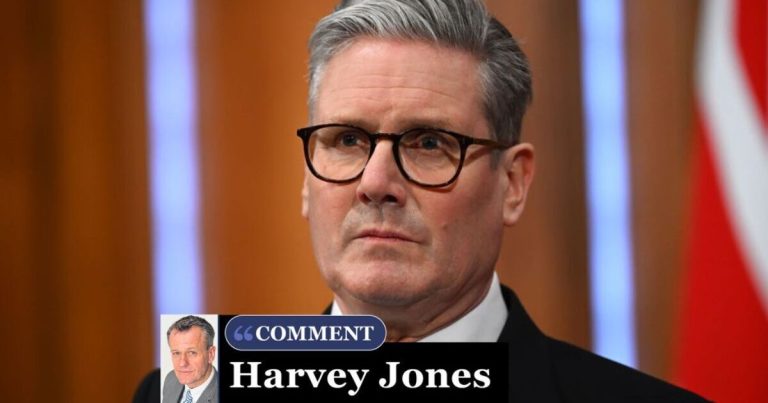
OPNX, the crypto exchange and claims trading platform set up by the founders of Three Arrows Capital, will cease operations and shut down this month.

OPNX.com announced that it will officially cease operations and shut down in February 2024.
Photo by Erwan Hesry on Unsplash
Posted February 1, 2024 at 11:38 pm EST.
In April 2023, Su Zhu and Kyle Davies, the co-founders of the failed crypto hedge fund Three Arrows Capital (3AC) started a new venture called OPNX. Less than a year later, that venture – meant to facilitate the trading of bankruptcy claims and cryptocurrencies – is officially shutting down.
“OPNX.com will officially cease operations and shut down in February 2024. Please settle all your positions before February 7th, 8AM UTC and withdraw all funds from your account before February 14th,” read a notice on the company’s website.
Users were also sent an email asking them to settle their positions before Feb. 14 and export all their trading data to maintain their transaction history.
“We are deeply thankful to each member of the OPNX community for their dedication and trust. As we conclude this chapter, we cherish the experience and look ahead with gratitude,” said the OPNX team in the email.
OPNX shutting down pic.twitter.com/BIRBX3uiBV
— Cole (@cole0x) February 1, 2024
Zhu and Davies started OPNX with Mark Lamb and Sudhu Arumugam, the founders of CoinFLEX, a crypto derivatives trading platform that halted withdrawals not long after the collapse of 3AC.
After rebranding from the controversial name “GTX,” and raising $25 million from investors, Davies first laid out the business plan for the new exchange to DeFi researcher Ignas last March. OPNX would allow the trading of perpetuals for major assets, using bankruptcy claims as collateral.
The exchange got off to an incredibly slow start, with less than $2 of volume traded within the first 24-hours, and was the subject of controversy after Davies noted in an X Spaces event that creditors of 3AC who were also early supporters of OPNX would be part of a “shadow recovery program.”
OPNX also fell into the cross-hairs of regulators in the United Arab Emirates (UAE), with Dubai’s Virtual Assets Regulatory Authority (VARA) fining the firm $2.7 million for violating market rules in August.





